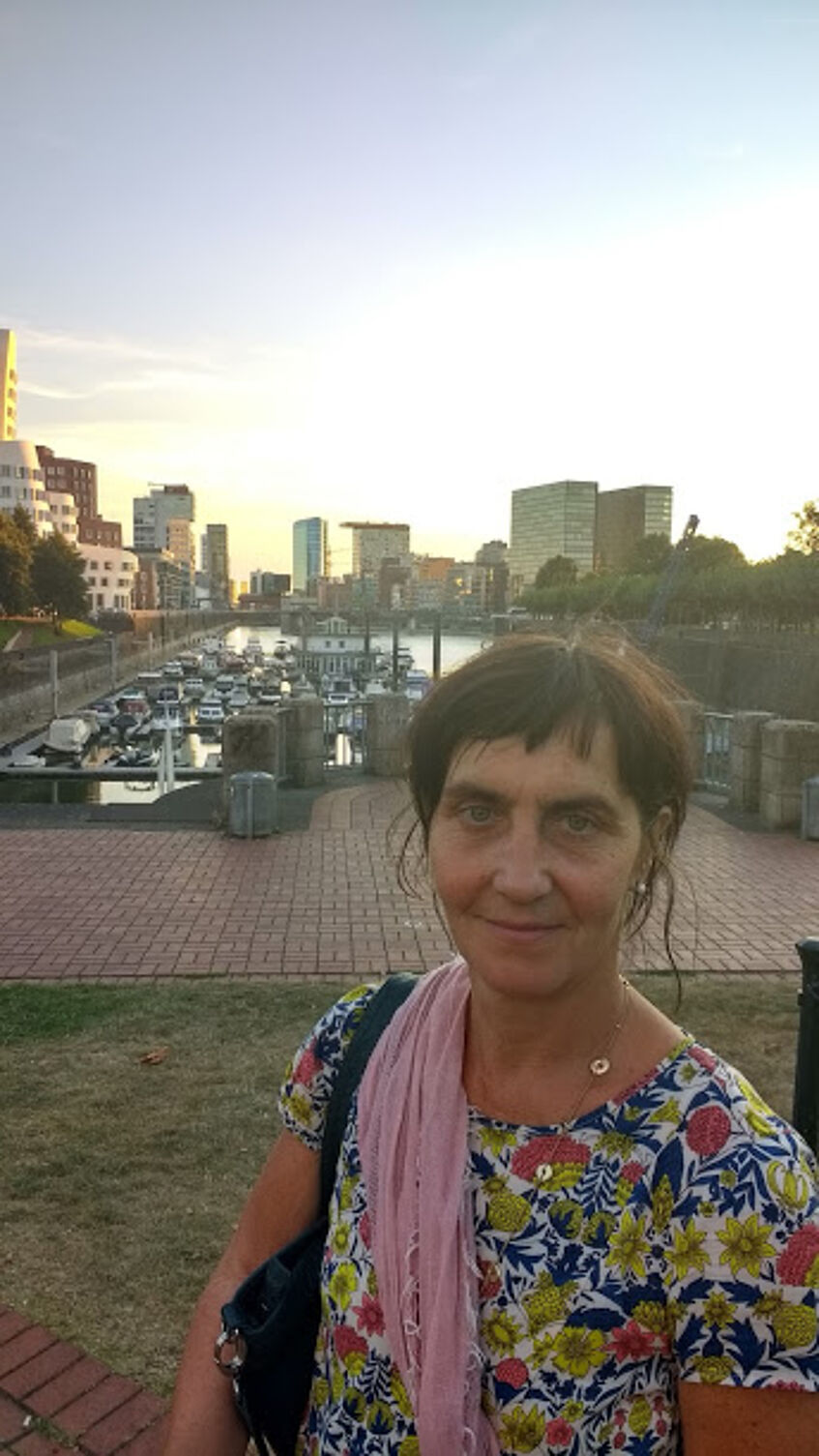
© private
Anne Klein, Dr. phil., graduate diploma education, mag. art. history
Senior Lecturer at the Faculty of Human Sciences, University of Cologne
Anne Klein acquired her Ph.D. in Political Sciene at the FU Berlin with a study on International Refugee Politics and Refugee Relief in France and the United States, 1938-1942. After her first studies of psychology, sociology and education at the University of Bielefeld (receiving a graduate diploma), she worked in different social and educational field, finally in a research project on gender history, while she completed a second degree in History, with French and Spanish languages (Mag. Art., University of Bielefeld). In Berlin, she worked as a freelance editor and cooperated in a research project on migration in the context of the EU-borders in Eastern Europe. After having acquired her Ph.D. at the Faculty of Political Science, Free University of Berlin, she moved to Cologne and worked as a research associate in the Historical City Archives, as project manager for the Society of Jewish-Christian Reconciliation and as researcher at the University of Cologne in a discourse project on Bioethics.
Since 2009, she works as a Senior Lecturer at the Faculty of Human Sciences, University of Cologne. She is member of the Second Generation-working group of the Bundesverband Information und Beratung für NS-Verfolgte. Her research focus is on Contemporary European History, Holocaust and Memory Studies, Minority/Disability History and Gender Studies.
Abstract
Flight and Exile in the Culture of Remembrance (together with Gabriele Anderl)
During the Nazi period victims of political and racist persecution tried to save their lives by seeking refuge in neighboring or overseas countries. At least since the Evian Conference in July 1938 it became obvious that the world state community was not willing to find a humanitarian answer to the so-called “refugee-problem”. Even liberal democracies established a closed-border policy. In consideration of the actual debate on asylum and immigration in the European Union we want to discuss – from an Austrian and German perspective – discursive links to this past. We will consider the question whether it is legitimate to interrelate the mentioned historical developments with current events – for example when teaching “learning from history” as part of Holocaust-education. Critics of this approach argue, for example, that Antisemitism cannot be put on the same level with xenophobia or Islamophobia and that the National Socialist regime may not be compared with present terror regimes. Despite this justified criticism we want to argue that it is our civic duty to learn from history -- especially in a time when solidarity with refugees and spontaneous or organized support for persecuted people are depreciated and even become liable to prosecution. Representations of refugees as “the others” of the Western world, as pushed by right wing populist movements, take up racist stereotyping from the colonial and the Nazi periods. The problem is, that when humanitarian values as fundamental pillars of western civic societies are gradually abandoned, not only solidarity, but democracy is put at stake.
Programme: Panel 10, Friday, 7 September 2018, 13:00-14:30 (Gabriele Anderl has cancelled shortly, therefore Anne Klein will give the presentation alone.)
Programme: Chair Panel 7, Thursday, 6 September 2018, 17:30-19:00